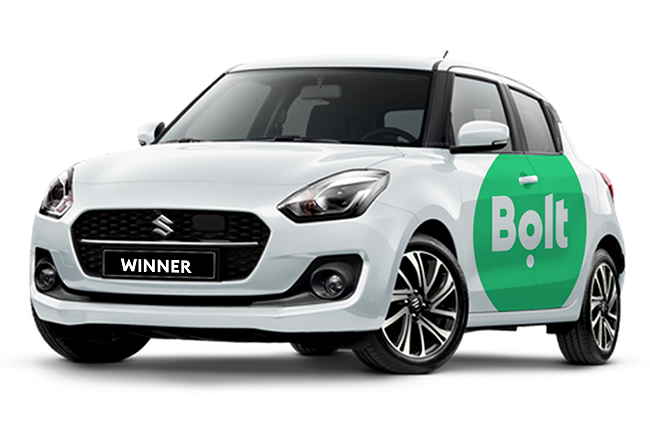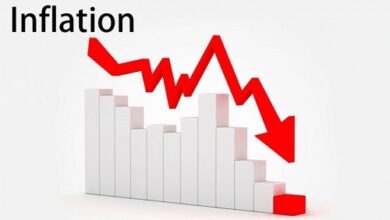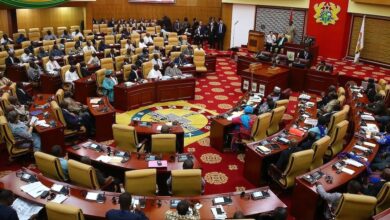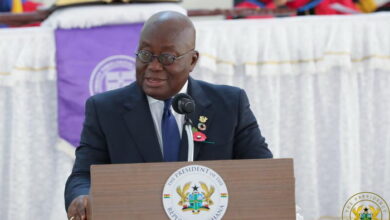Mixed Reactions as Bolt Introduces New Pricing Feature in Kumasi Market
Mixed Reactions as Bolt Introduces New Pricing Feature in Kumasi Market

- Ride-hailing platform Bolt has launched a new pricing system specific to its Kumasi market
- The updated feature allows customers to adjust the cost of their ride by either increasing, decreasing, or maintaining the original fare
- While the change has been welcomed by some drivers, it has surprised many Kumasi users
Ride-hailing platform Bolt has launched a new pricing system specific to its Kumasi market, sparking mixed reactions from both drivers and passengers.
The updated feature allows customers to adjust the cost of their ride by either increasing, decreasing, or maintaining the original fare when booking a trip.
Luv Business reports that the change comes in response to complaints from drivers, who argued that the previous pricing system negatively impacted their earnings.
Under the old model, drivers often had to negotiate fares with passengers based on trip distance and duration.
This led to discomfort among passengers, many of whom either refused to accept the fare adjustments or canceled their rides.
One anonymous driver shared with Luv Business: “Sometimes, considering the distance we cover and the 10% commission we pay to the app, it wasn’t enough for us to make a reasonable income.
That’s why we sometimes had to ask passengers to pay offline.” The tension between drivers and passengers over fare negotiations had a negative impact on the app’s popularity and daily business.
While the change has been welcomed by some drivers, it has surprised many Kumasi users, as it is a feature unique to the city. “In Accra, the demand surge is higher, so it doesn’t really affect drivers’ income there. But in Kumasi, we’re making losses because the price surge only peaks when it’s about to rain,” another driver noted.
Luv Business reached out to Bolt for clarification. The company explained that the new feature is exclusive to Kumasi, offering a flexible pricing system to suit local market conditions.
While drivers are hopeful the change will help improve their earnings, passengers remain skeptical about its feasibility. “It’s neither logical nor practical,” said regular customer Priscilla Serwaa.





